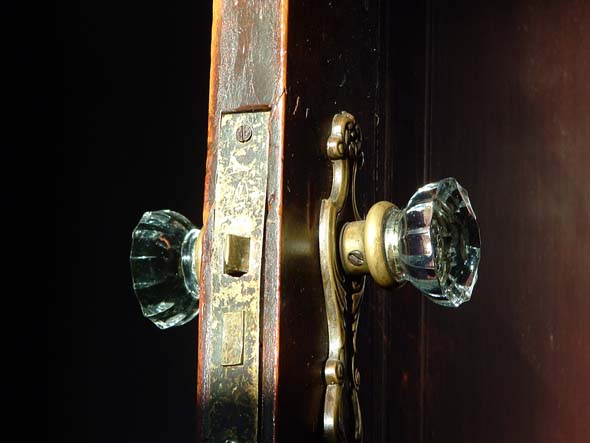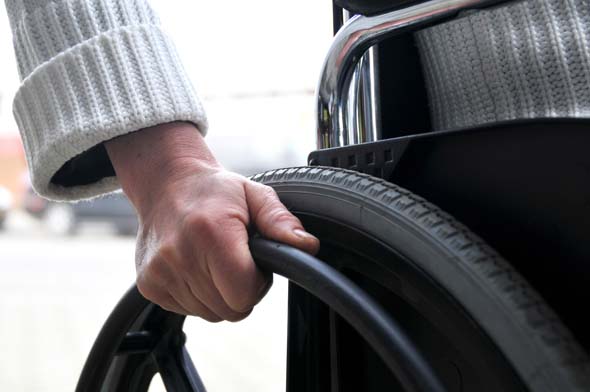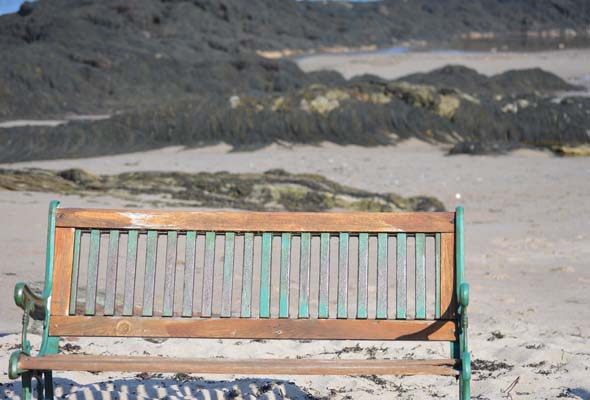After your children have moved out of the family home, your next move might be downsizing to a condo or an apartment.
Hopefully this move will take place when you are in your 60s or 70s, when you still have the energy. Should you see yourself gracefully living out your days in the family home, you’ll need to assess the feasibility of aging in that house,
especially if it has stairs.
Would it ever be possible to live on the main floor? Is there a bathroom? Is there a room that can be converted to a bedroom? Do you have neighbors who can provide support should you need it? Do you suffer from back or knee problems? If your answers cannot affirm that your family home is suitable for aging in place, then you need to move!
The longer you stay, the harder it will be to move.
Your adult children are the biggest reason why you should move. Moving is not easy for anyone, but leaving the task of cleaning out the family home to your children places a huge burden on them. It’s best to move when you can participate in and direct the process. If you stay in a house that is not suitably adapted for an older person, your
children will be stressed, worrying about your safety.Unfortunately many seniors stay in their home far too long and
experience problems with daily living activities.
At a certain point, a senior will feel a move is too much of an ordeal. They struggle to live in a home that no longer suits their needs, often not recognizing the stress placed on their children.
Sadly, many seniors will be forced to move after a fall or because of health issues, and then the choice of where to live will be limited. A fall could limit the possibility of living autonomously and a care facility may be the only option. The residence you would have liked to move into when the time was right may no longer be suitable once mobility wanes or health issues appear.
During a visit to a senior’s residence a few weeks ago, I was told that the average age in the residence was 88; a few years ago, it was 85. We are living longer and staying home longer.
Many healthy seniors will make the move to a residence purely to socialize. Those seniors often enjoy their change in lifestyle. Their children celebrate this move and see their parents thrive with new social interactions. Should seniors begin to experience difficulties with their daily living activities, assistance will be readily available in their residence.
Seniors who are not interested in moving to a residence need to understand that living alone requires necessary security—living in a place without stairs, such as an apartment and having supportive neighbors and a doorman, quickly available in an emergency. Seniors living alone should also be equipped with a fall alert personal alarm system. Again, if you won’t do this for yourself, consider doing it for your children.
Security when living alone is not just a seniors’ issue: recently I was laid up at home for two days with a bad cold.
Moving from a lying position, I pulled something in my knee causing excruciating pain and immobilizing my leg. Being home alone, I considered my options for help: I had a phone beside me and, although unable to walk, I could easily call for help.
I had decided to wait ten minutes before phoning when a friend, who works in a hospital, contacted me. My friend offered to come over to take me to the hospital, which would not have worked because I could not walk—I would have had to call for an ambulance. Fortunately the pain subsided after ten minutes and I was able to put some pressure on my leg.
Availability of immediate assistance is a necessity when you live alone. I live in a building with both a doorman and live-in concierge, who have a key to my condo. I’m not sure how well I would have handled living alone in a house, in an emergency where I was incapacitated, not near a phone, without a personal alarm system, and not having anyone to come to my aid.
If you do not have a sense of security now in your home, perhaps a move is in order.





Be the first to comment on "Let’s Talk About It: Think before you move homes"